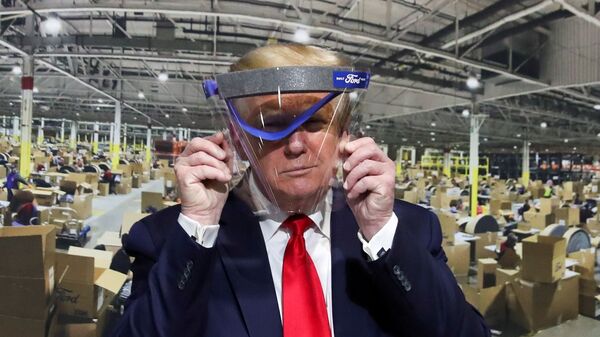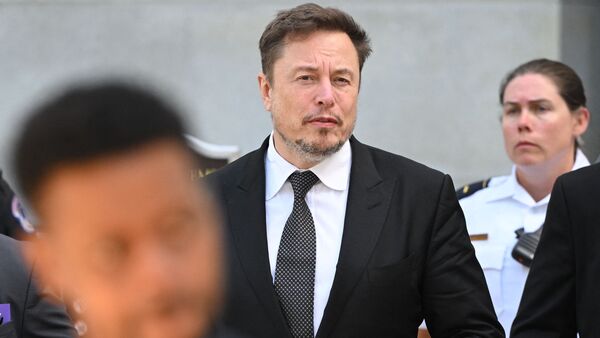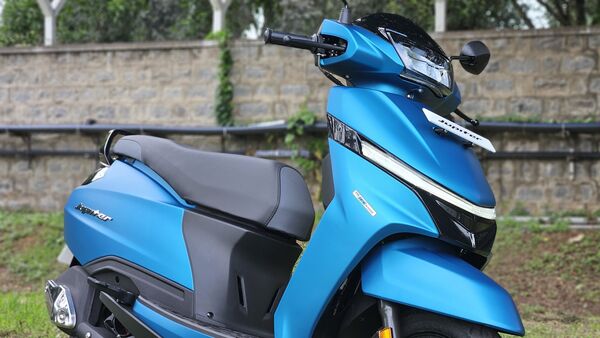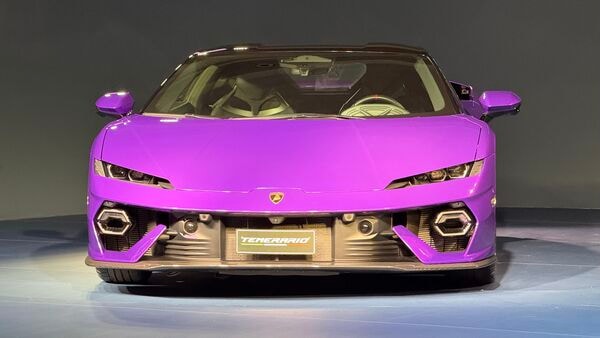
Donald Trump’s EV policy for US auto industry: Is green energy the new red scare in the US?
9 months ago | 106 Views
The Republican presidential candidate and former US president, Donald Trump, stated recently that he was against everyone owning an electric vehicle, speaking at the National Association of Black Journalists conference in Chicago. Trump’s comments come in spite of billionaire Elon Musk, CEO of Tesla, publicly endorsing his run for the 2024 US presidential elections. The former US president was taking part in a traditional Q&A session with political journalists, and these comments come amid an explicit anti-EV narrative that Trump and the Republican party have been pursuing in the wake of the US elections.
Trump’s comments at the Chicago conference are not standalone occurrences or fleeting expressions of personal opinion, and the presidential candidate has consistently been vocal about his plans to scrap policies that either favour EV production or force automakers to comply with strict emissions norms. During his nomination speech at the Republican National Convention in early July, Trump vowed to act against EV policies laid out by former presidential rival and current US president, Joe Biden. He stated his intentions to scrap the policies on day of assuming office, saying that his moves would save the US auto industry from “complete obliteration" and prevent buyers from spending “thousands and thousands of dollars per car."
While Biden has never had a specific EV mandate in place, his industrial and climate policies largely centred on increasing the adoption of battery electric vehicles. During his run for the 2020 presidential elections, Biden had pledged to create an economy that relied completely on clean energy and would meet net-zero emissions “no later than 2050." In order to achieve this goal, Biden had stated that he would “demand that Congress enacts[sic] legislation" that would incentivise the swift adoption of renewable energy and make significant investments to that end. Under the Biden administration, the Environmental Protection Agency of the US adopted new stringent pollution standards for cars and light trucks that compel carmakers to make fewer vehicles with internal combustion engines (ICE). The Biden administration has further increased tax credits offered for the purchase of both new and used electric vehicles, and this allowed for buyers to receive a discount of upto $7,500 on the price of eligible cars. While Joe Biden has withdrawn from the current presidential race and made way for VP Kamala Harris, these policies and demands are expected to continue under her tenure, if she is elected.
Watch: Not worried about challenge from Chinese EVs, says BMW boss
The Green scare
Comments made by Trump, and members of the Republican Party at large, have been dismissive of Biden’s EV policies and have gone as far as to claim that they make ICE vehicles illegal to manufacture and sell. While Trump has made it clear that he plans to reverse Biden’s EV policies, his VP candidate J.D. Vance has stated that he wishes to replace the EV tax credit with a similar policy for ICE cars. This American divide on EV policy comes amid rising trade tensions between Europe and China, effects of which are considered far-reaching. The European Commission had launched an anti-subsidy probe into what it considered as unfair trade practices, and it had imposed additional import tariffs of up to 37.6 per cent on all China-made electric vehicles. This probe was launched as a result of the European Commission’s concerns over unfair competition from what it alleged as heavily subsidised EV imports, and this sentiment found its way across the pond on American shores. While the Biden administration itself had levied import tariffs of upto 100 per cent on Chinese EVs in May, Trump had reportedly said earlier in March that he slap 100 per cent tariffs on all cars produced outside the US in an attempt to protect the nation’s auto industry. He was further reported to have promised a 50 per cent tariff on cars manufactured in Chinese factories within Mexico.
Politicians aside, oil and petrochemical industry-leading companies have too joined the green scare. Voters in swing states have also reportedly noticed advertisements against what has been described as Biden’s ban on ICE cars. These advertisements were bought by the trade association, American Fuel and Petrochemical Manufacturers, which has major petrochemical companies as its members. In June, the largest oil trade group – American Petroleum Institute – filed a federal lawsuit against the new EPA emissions norms that were launched under the Biden administration. The trade group stated that the EPA had exceeded its authority with new regulations which would allegedly cause ICE cars and traditional hybrids to be totally eliminated within ten years.
The Musk factor






















